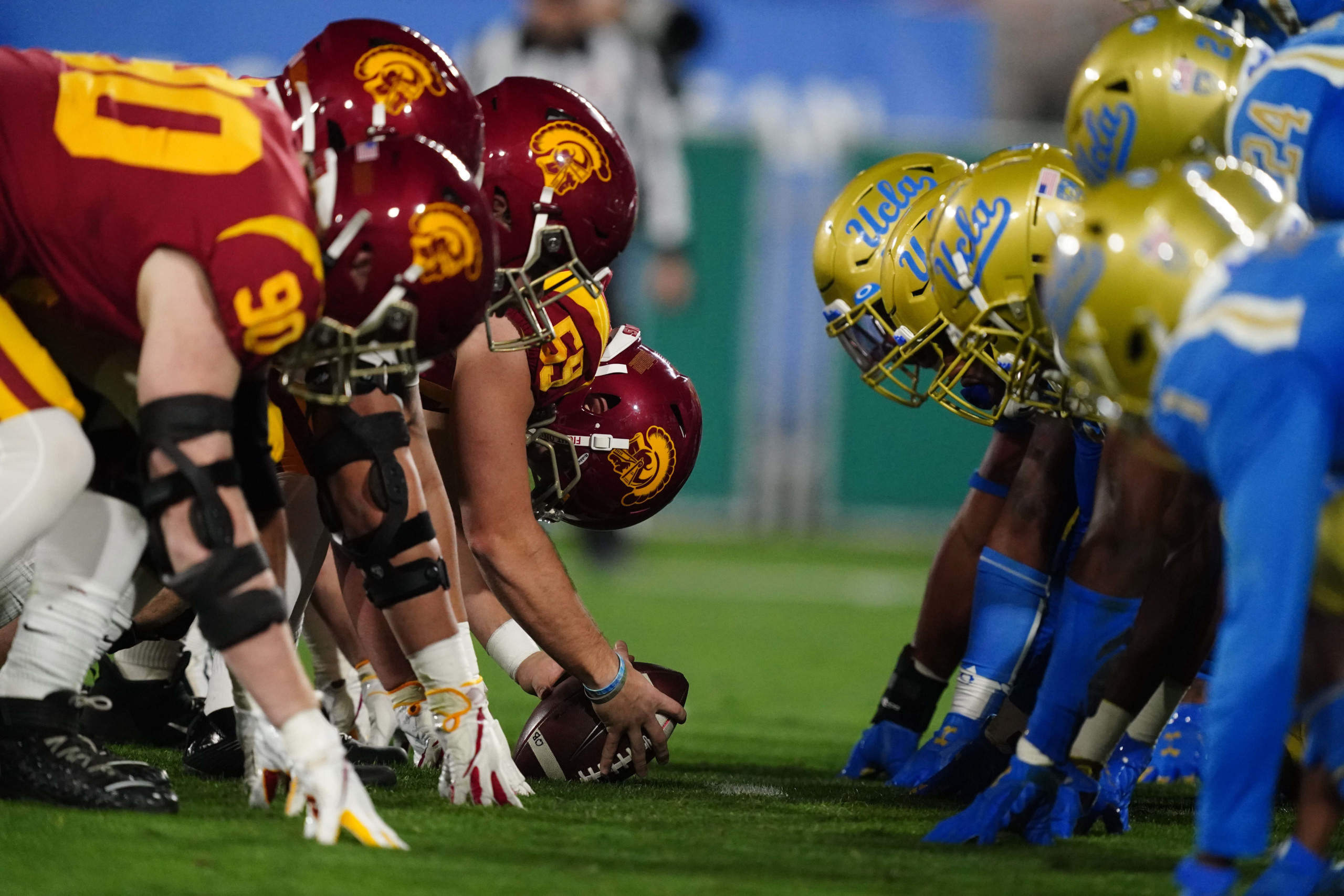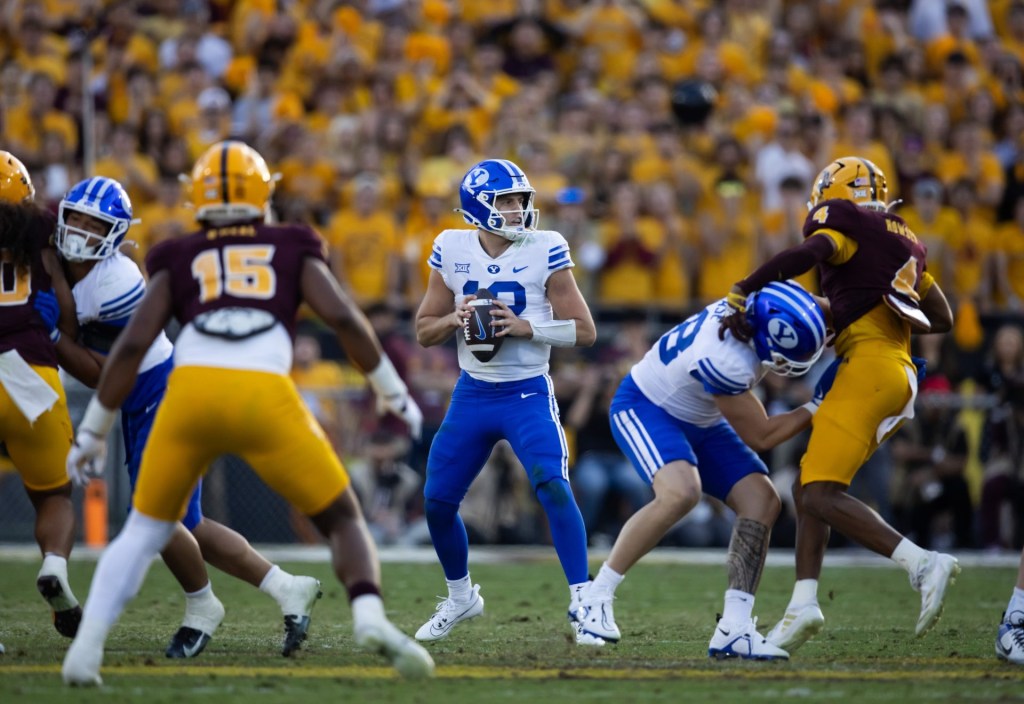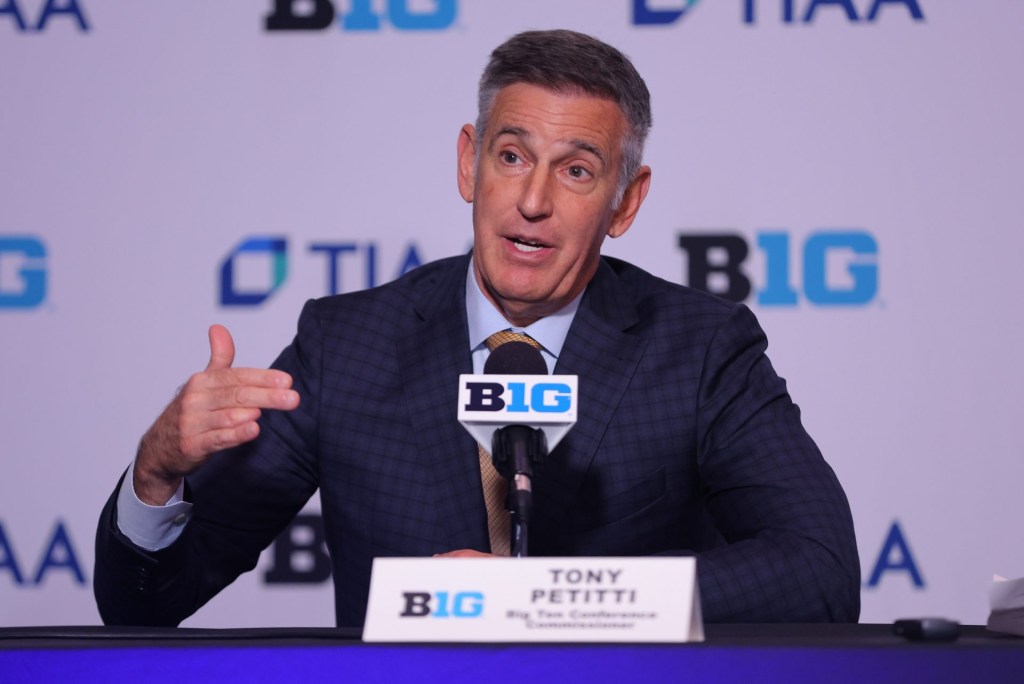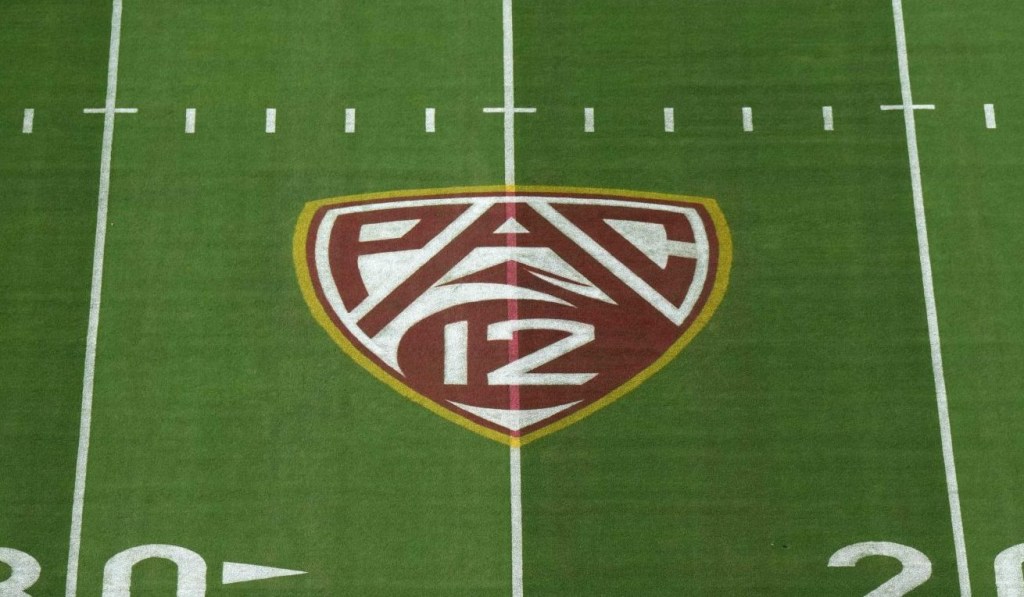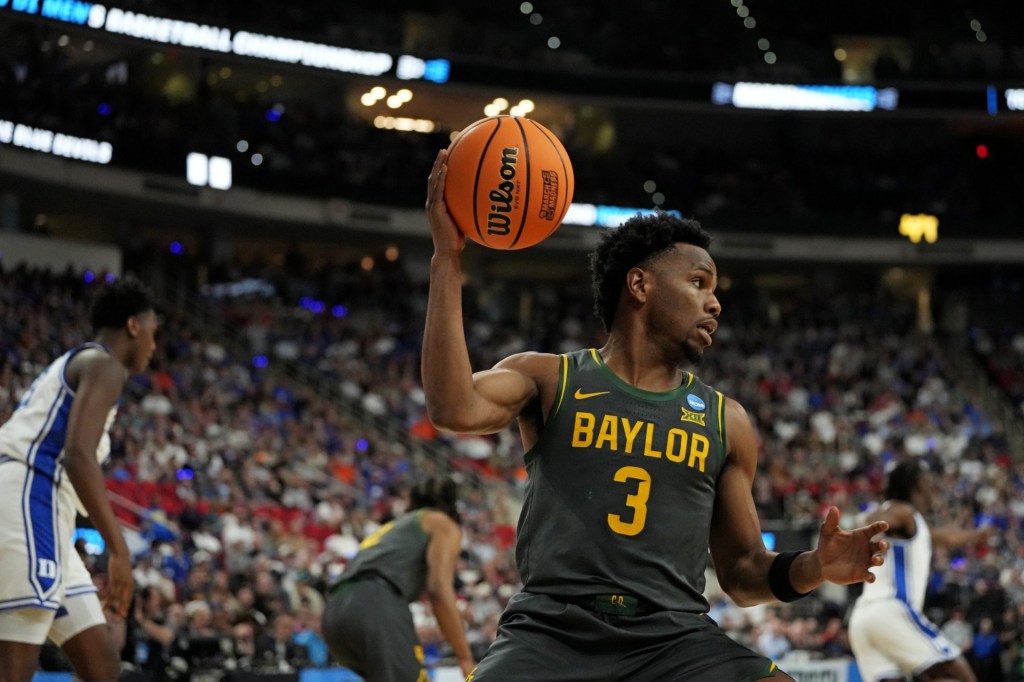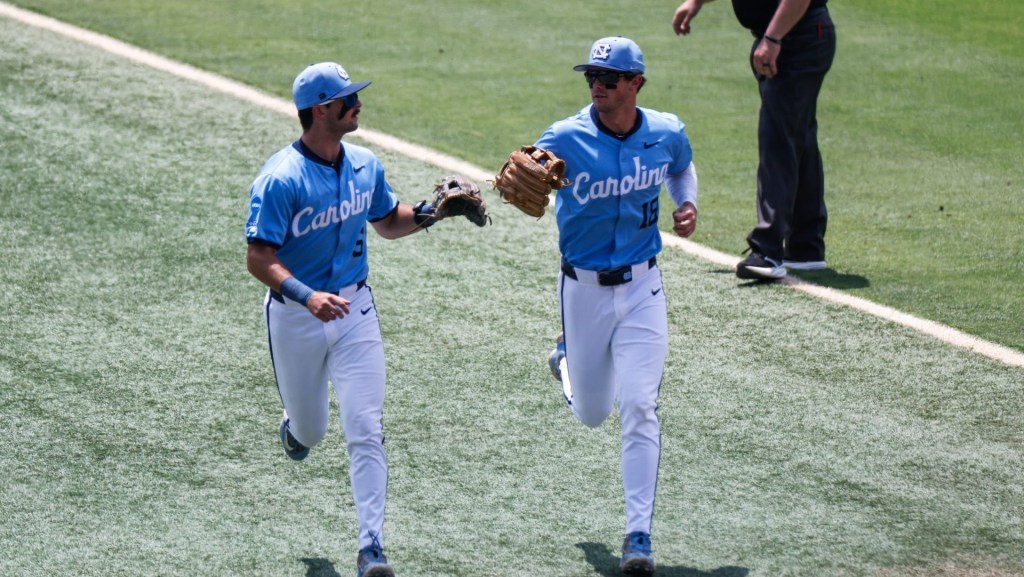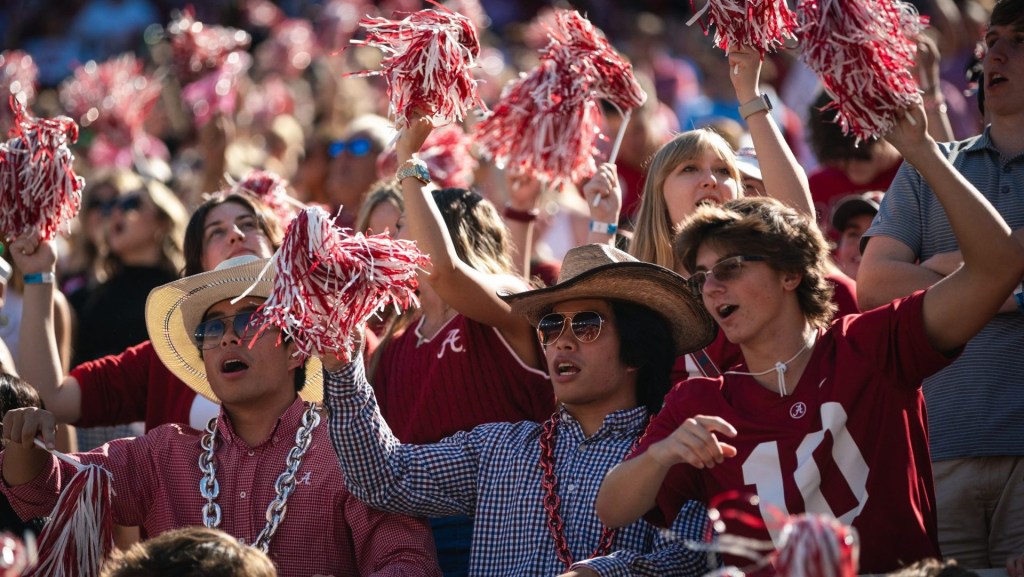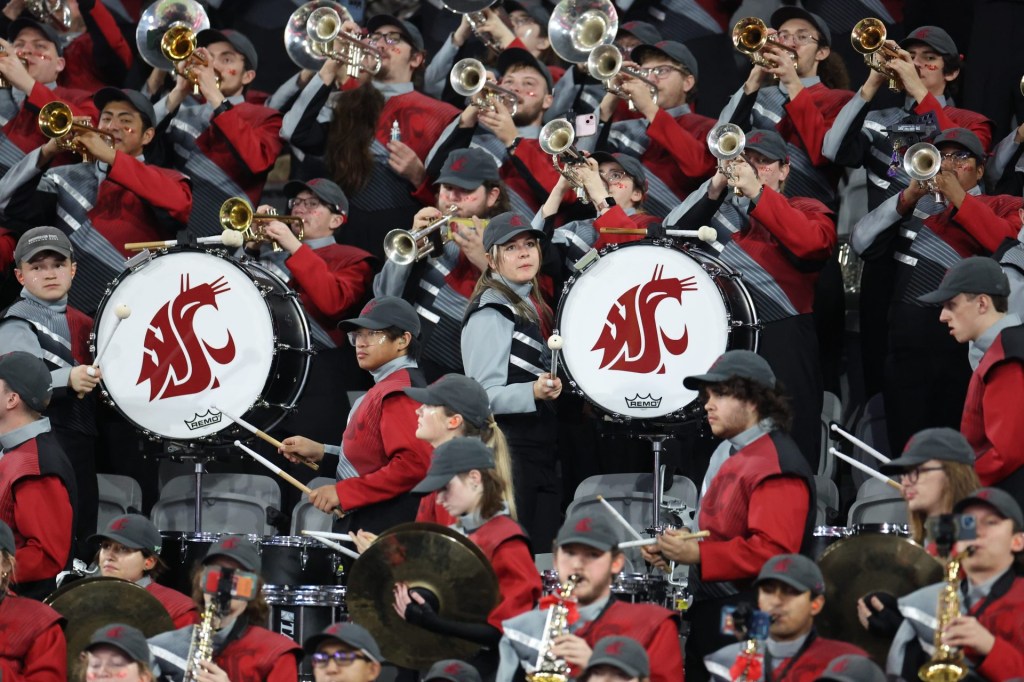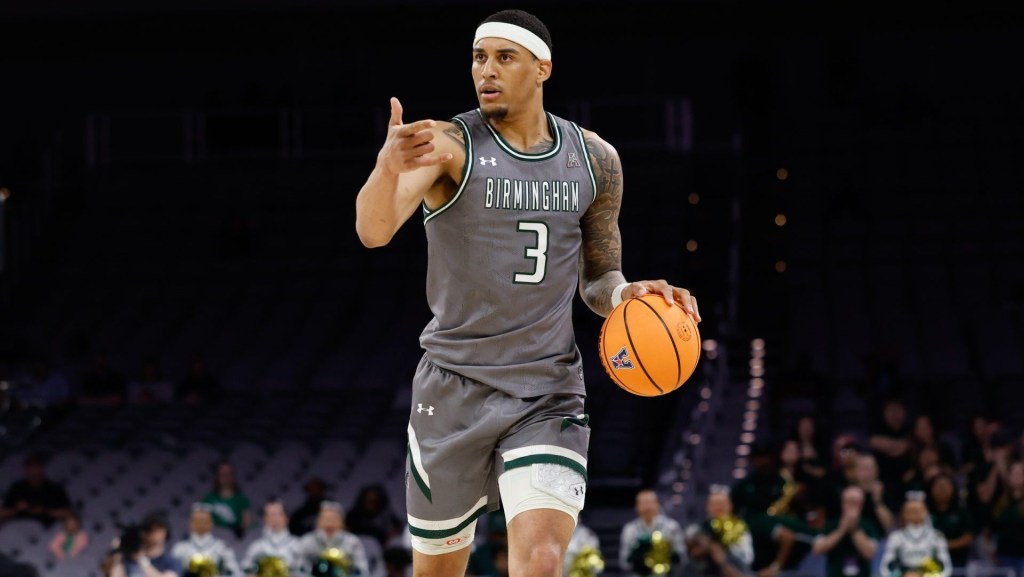Evidence presented during the Gee v. NCAA trial suggests the NCAA was well aware of the dangers of head injuries as early as the 1930s — but failed to act until the mid-1990s.
The trial, which began on Oct. 21 in Los Angeles Superior Court, centers around the death of former USC linebacker Matt Gee, who played between 1988-92. Gee died at the age of 49 and was posthumously diagnosed with CTE. His widow, Alana Gee, is suing the NCAA for wrongful death, claiming it is responsible.
The case will yield the first ruling on the NCAA’s culpability for brain injuries. If the NCAA loses, it could owe hundreds of millions in damages and face a deluge of future lawsuits.
The NCAA claimed that there was no consensus in the scientific community surrounding head injuries by Matthew Gee’s freshman season. But plaintiff witnesses contended that not only was there significant medical literature, but also that the NCAA’s own documents expressed concern and knowledge of concussions.
Most of this testimony relied on research conducted by medical historian Stephen Casper, who presented a damning paper trail.
His story began in 1906, when president Teddy Roosevelt organized the NCAA for the express purpose of making college football safer.
- By 1933, an NCAA Sports Injuries Handbook detailed “punch-drunk syndrome,” or how athletes acted after suffering blows to the head, and included guidelines for treating concussions.
- A 1968 copy of the “NCAA News” explained to schools that an athlete who had suffered a severe concussion should never play football again.
- In 1982, the NCAA began collecting data for head injuries, measuring three degrees of concussions.
- A 1985 copy of the “NCAA News” said a junior college football player died after suffering two successive concussions in one game. As a result, the NCAA committee said it would develop guidelines for return-to-play.
But the governing body didn’t release its first concussion protocol until 1994. Those were merely guidelines, however. They weren’t mandatory.
The NCAA didn’t implement a mandatory protocol until 2010, which stated schools must have a plan to monitor and treat concussions. To this day, it does not specify what those protocols should entail.
Even these flimsy rules did not exist until after Matt Gee graduated from USC.
Editor’s Note: Reporting of Gee v. NCAA was assisted by Courtroom View Network, which provided a livestream of the trial.
